The Ultimate Guide to Custom Boxes: How to Choose the Perfect Packaging for Your Products
When it comes to ensuring your product stands out in a crowded marketplace, the importance of custom boxes cannot be overstated. High-quality, well-designed packaging not only protects your product but also plays a crucial role in branding, marketing, and customer experience. Whether you’re a small business or a large enterprise, custom packaging is a smart investment that can elevate your product’s appeal and help boost sales. In this comprehensive guide, we’ll explore how to choose the right custom boxes for your products, the benefits of tailored packaging, and some of the best providers in the industry.
What are Custom Boxes?
Custom boxes are tailor-made packaging solutions that are designed specifically to meet the needs of your products. These boxes can be customized in terms of size, shape, material, color, and design, ensuring that your packaging is not only functional but also aligns with your brand identity. Whether you're shipping fragile items, luxury goods, or everyday consumer products, custom packaging allows you to create a memorable unboxing experience for your customers.
Benefits of Custom Boxes
| Benefit | Description | Applications |
|---|---|---|
| Branding and Identity | Custom boxes offer an opportunity to reflect your brand through colors, logos, and design. | Retail products, e-commerce, subscription boxes. |
| Protection and Durability | Custom packaging can be designed to fit your product perfectly, ensuring maximum protection. | Fragile products, electronics, breakables. |
| Customer Experience | High-quality, creative packaging enhances the unboxing experience. | Luxury goods, gifts, premium products. |
| Sustainability | Eco-friendly options like recycled materials and minimalistic designs reduce environmental impact. | Eco-conscious brands, organic products. |
| Marketing and Appeal | Unique packaging can grab attention and create excitement around your product. | Promotional items, new product launches. |
Key Factors to Consider When Choosing Custom Boxes
Selecting the right custom boxes for your product requires careful consideration of several factors. Here are the key elements to keep in mind:
1. Material Type
The material you choose for your custom packaging is crucial for both the protection and aesthetic appeal of your product. Common materials include:
- Cardboard: Durable, versatile, and eco-friendly, ideal for most products.
- Corrugated Paper: Provides extra cushioning, perfect for fragile or heavy items.
- Kraft Paper: Offers a natural, rustic look, often used for eco-friendly products.
- Plastic: Lightweight and durable, often used for products requiring water resistance.
2. Size and Shape
The right custom box should fit your product perfectly, minimizing the risk of damage during shipping while avoiding excess material. Working with a packaging provider that offers precise measurements and custom die-cut designs can help you get the perfect fit.
3. Design and Branding
Custom boxes are a powerful branding tool. You should consider how your box will look from both a visual and functional standpoint. The design of your box should reflect your brand’s identity and message. This includes:
- Logo Placement
- Color Scheme
- Typography
- Images and Illustrations
4. Functionality
While aesthetics are important, functionality is paramount. Your packaging should serve its primary purpose—protecting the product. Consider whether your packaging needs features like:
- Secure closures (e.g., flap-tuck, snap-lock)
- Handles or openings for easy transport
- Dividers or inserts for fragile or multi-item products
5. Sustainability
Sustainability is becoming an important factor for both businesses and consumers. Opting for eco-friendly custom boxes made from recycled or biodegradable materials can enhance your brand’s reputation and appeal to environmentally conscious customers.
6. Cost and Quantity
The cost of custom packaging can vary depending on factors like material, design complexity, and order quantity. While larger orders often bring cost savings, it’s essential to balance cost with quality to ensure that you’re providing an excellent customer experience without exceeding your budget.
Types of Custom Boxes for Different Products
Here are some of the most popular custom box types used by businesses across various industries:
| Type of Box | Best For | Material Options | Features |
|---|---|---|---|
| Rigid Boxes | High-end retail products, luxury items, electronics | Paperboard, cardboard, luxury finishes | Strong, premium feel, high-quality finish |
| Corrugated Boxes | Shipping, fragile items, bulk packaging | Corrugated paper, cardboard | Lightweight, durable, protective |
| Folding Cartons | Retail, e-commerce, consumer goods | Paperboard, recyclable materials | Cost-effective, versatile, easy to assemble |
| Mailer Boxes | E-commerce, subscription boxes, direct mail | Kraft paper, cardboard, recycled paper | Easy assembly, secure, branded packaging |
| Eco-Friendly Boxes | Sustainable brands, organic products, food packaging | Recycled cardboard, kraft paper | Minimalistic design, recyclable |
How to Choose the Best Custom Box Provider
When selecting a provider for your custom packaging needs, here are some essential factors to consider:
1. Experience and Reputation
- Why It Matters: An experienced packaging provider will understand your needs and help you choose the right materials, designs, and production methods for your project.
- What to Look For: Look for a provider with a strong track record in delivering high-quality, customized packaging for products similar to yours.
2. Customization Options
- Why It Matters: The more customization options a provider offers, the better you can align the packaging with your brand and product requirements.
- What to Look For: Ensure that the provider offers a wide range of design, size, and material options, as well as printing capabilities for branding.
3. Quality Assurance
- Why It Matters: Quality control ensures that your custom boxes meet industry standards and provide reliable protection during shipping.
- What to Look For: Ask about their quality control processes and whether they offer any certifications or guarantees for their products.
4. Sustainability Practices
- Why It Matters: Choosing a packaging provider that prioritizes sustainability can align with your brand values and appeal to eco-conscious customers.
- What to Look For: Check if the provider uses eco-friendly materials, recyclable options, or offers carbon offset programs.
5. Lead Time and Delivery
- Why It Matters: Timely delivery is essential to avoid delays in production and ensure that your product is ready for shipping on time.
- What to Look For: Inquire about the provider’s lead times, shipping options, and ability to meet your deadlines.
6. Cost-Effectiveness
- Why It Matters: Pricing is an important factor in selecting the right custom box provider, especially when managing production costs for large volumes.
- What to Look For: Request quotes from multiple providers and evaluate their pricing based on the quality and features of the packaging.
Conclusion: Choosing the Right Custom Box Provider
The right custom boxes can make a significant difference in your product’s presentation, protection, and overall market appeal. By considering factors like material choice, size and design, branding, and sustainability, you can select packaging that not only protects your products but enhances your brand identity. Whether you are looking for luxury packaging, eco-friendly boxes, or cost-effective options, finding the perfect provider for your needs is key to the success of your packaging strategy. Take the time to research potential providers, ask for samples, and ensure they align with your project requirements for the best results.
Explore
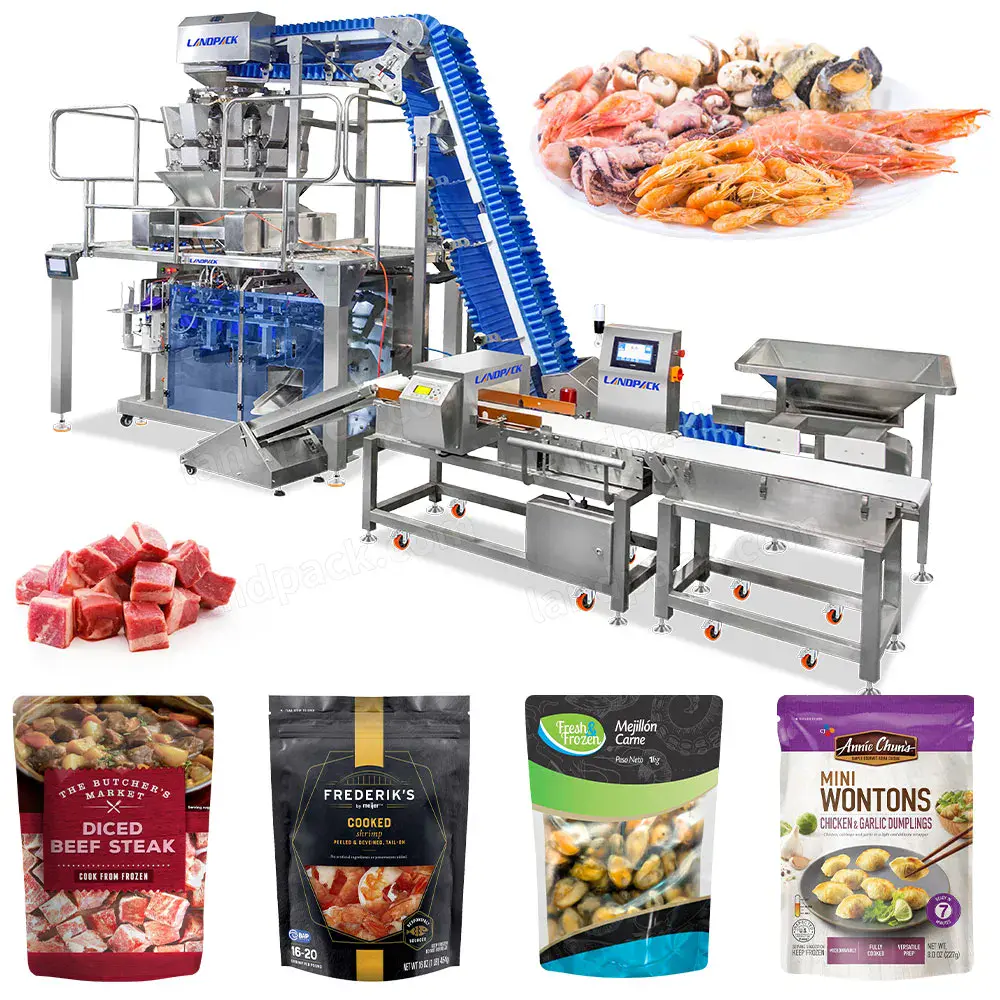
Choosing the Right Food Packaging Equipment for Your Business Needs
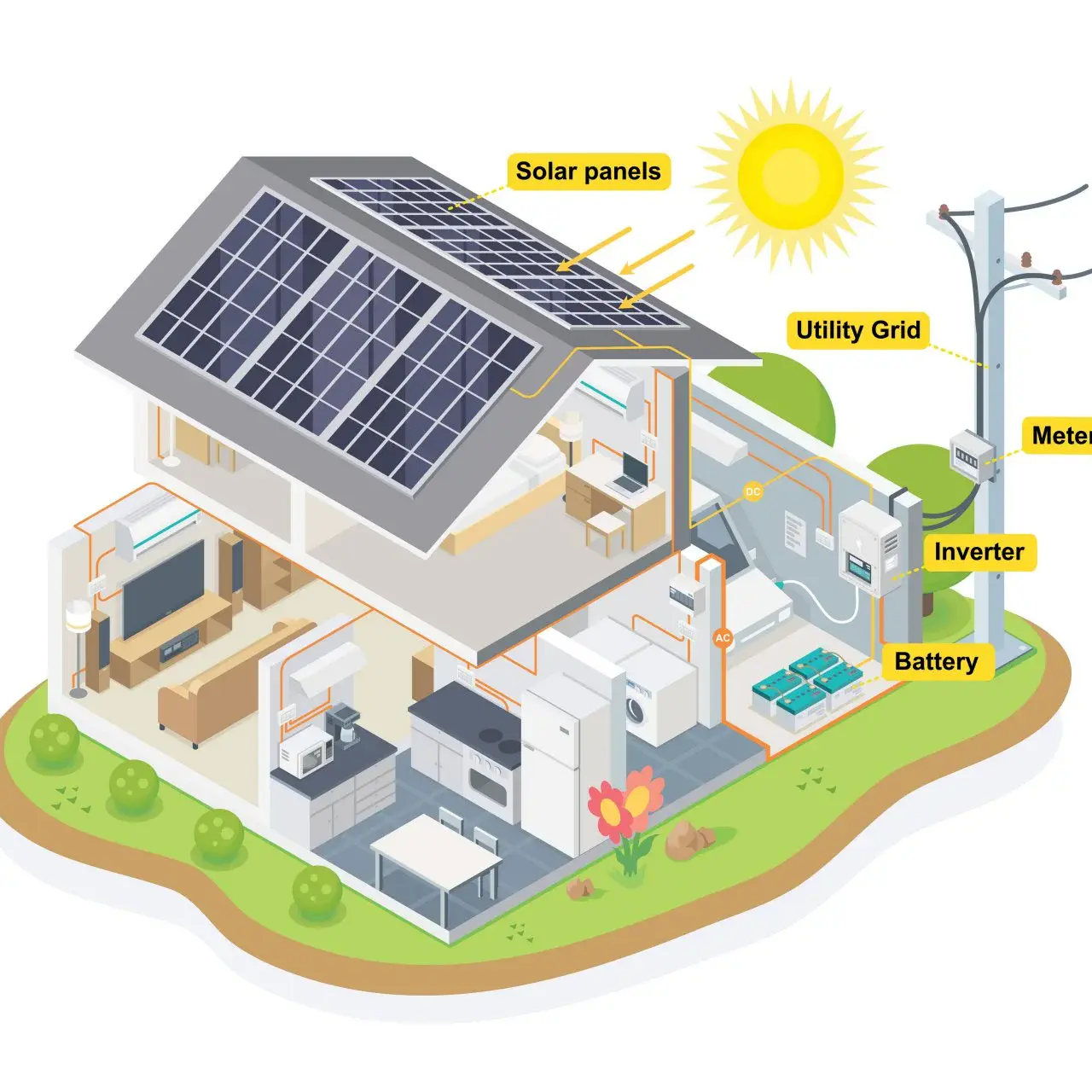
How to Choose the Best Home Solar System for Your Needs: A Complete Guide

How to Choose the Right Hair Growth Serum for Your Hair Type and Needs

How to Choose the Best Personal Injury Lawyer for Your Case
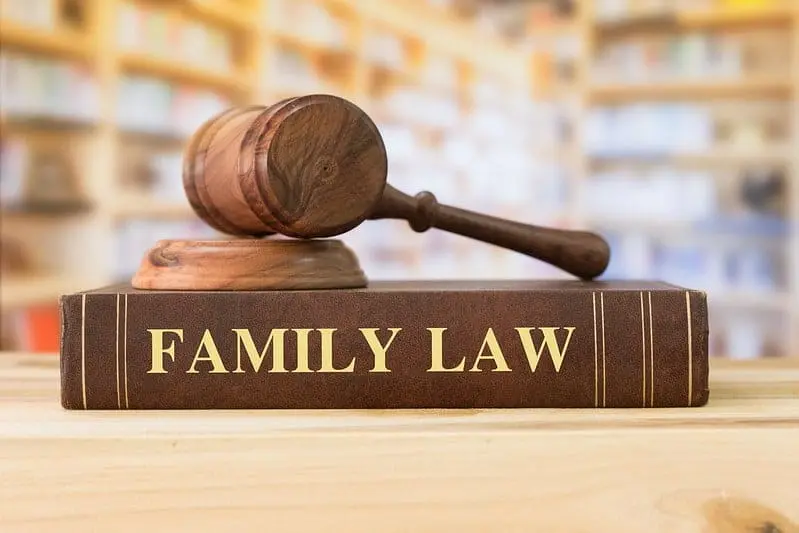
How to Choose the Right Family Law Attorney for Your Case
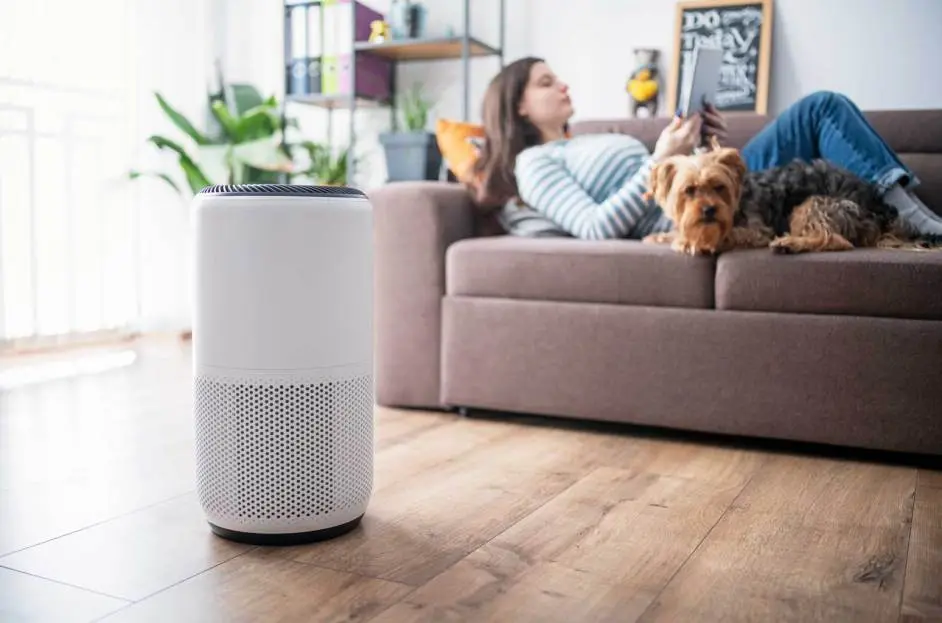
How to Choose the Best Air Purifier for Your Home: HEPA Technology Explained
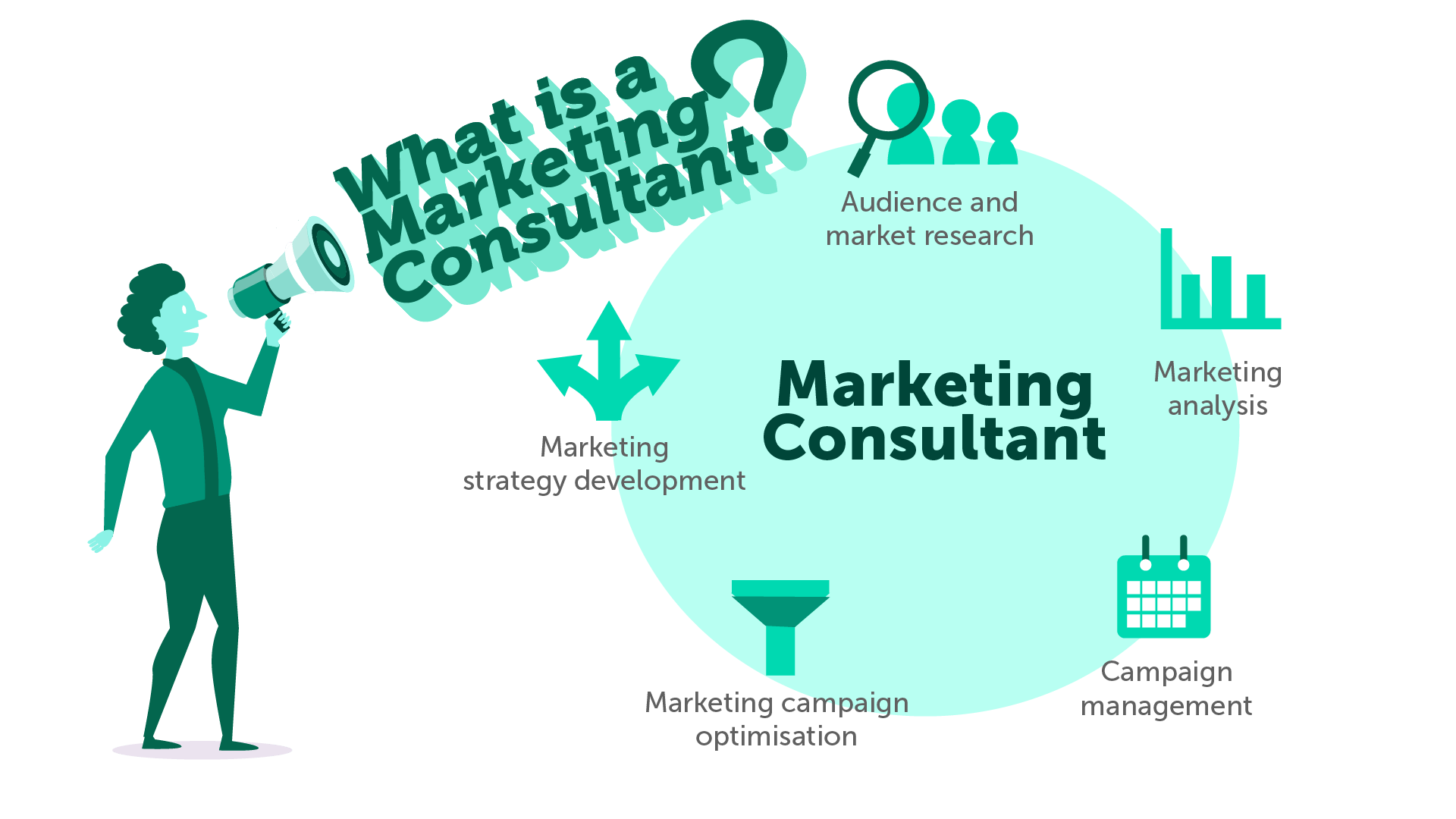
How to Choose the Right Marketing Consultant for Your Business Needs
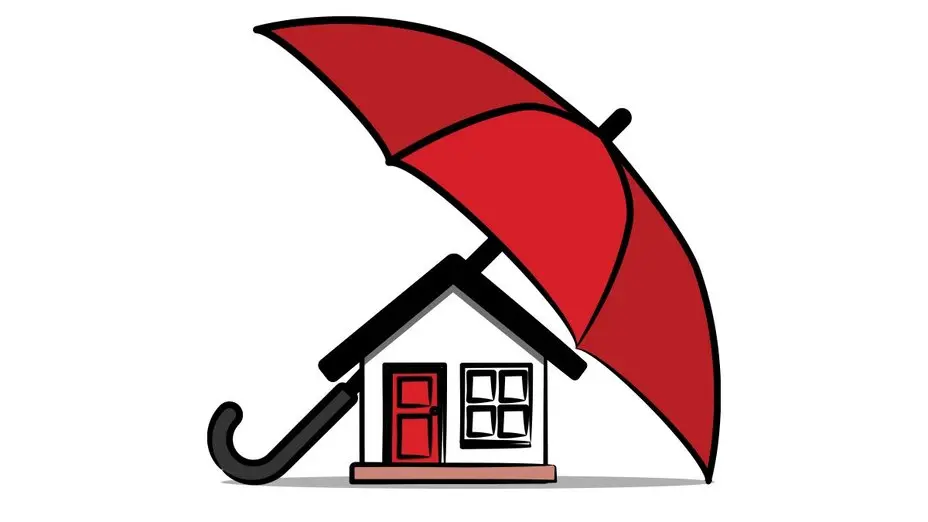
How to Choose the Best Home Warranty Plan for Your Home
